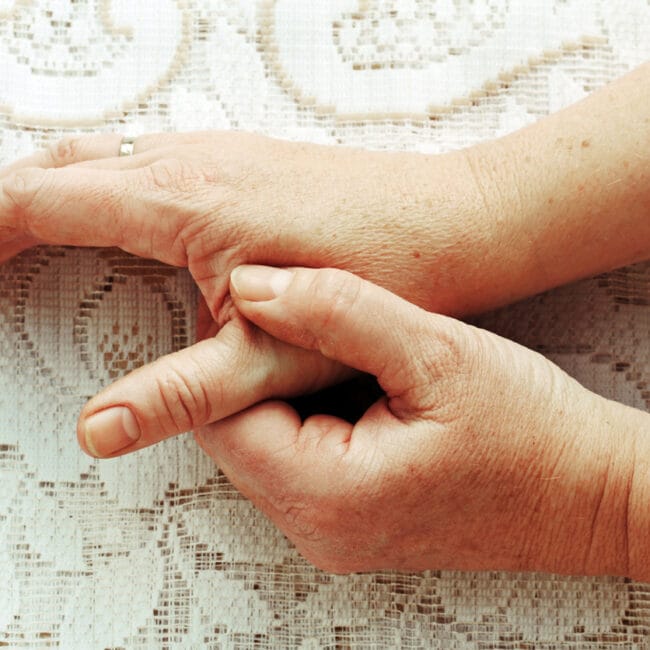Nutrition plays a key role during recovery from COVID-19. An optimised diet will provide your body with the energy and nutrients for your overall health, playing a role in rebuilding muscles and weight if mass has been lost.
Nourishment is crucial for recovery, so it is important to ensure that your body has enough energy (i.e. calories) to do so. Even if you are trying to lose weight generally, this is not the time to continue to do so – it should wait until you are fully recovered.
Reported symptoms of long-COVID include fatigue, reduced appetite, nausea, chemosensory dysfunction and reduced energy levels; all of which can affect food choices.
Two diets that could be of benefit to those recovering from COVID-19 or managing long-COVID are below, and the one that will suit best depends on the person’s nutritional status.
Healthy eating diet – recommended for those of a healthy weight, have not experienced weight loss, and food intake has not been affected.
High protein & high calorie diet – recommended for those who have a reduced food intake, unintentional weight loss or low body mass index (BMI).
Healthy Eating Diet
Based on the food pyramid, this diet aims for a balanced approach.
5-7 portions of fruit and vegetables per day
Tip: Eat a variety of different colours as they will provide your body with different nutrients!
3-5 portions of carbohydrates per day
E.g. wholegrain bread, potatoes, pasta and rice
3 portions of calcium per day
E.g. cheese, yoghurt and milk
2-3 portions of protein rich foods per day
E.g. meat, fish, beans and nuts
Reduce the amount of fats, oils and spreads that you are consuming
Limit processed food and drinks, as they can be high in fat, sugar and salt
E.g. biscuits, cakes, chocolate bars and crisps
Aim for 8 cups of fluid per day, preferably water
High Protein & High Calorie Diet
This diet is a diet that is high in protein and calories (energy). For a high protein and high calorie diet, it is recommended to consume 3 meals and 2-3 snacks each day. If your appetite is reduced then a small and often approach may be beneficial, ensuring that you are eating foods high in protein and calories regularly throughout the day.
Food fortification can play a role in increasing both calorie and protein content of foods and should be considered if you are not meeting nutritional requirements from food alone. Food fortification is when additional substances – such as butter, cream, milk or cheese – are added to food or drinks to increase the calorie and protein content. An example is fortified milk, made by adding skimmed milk powder to whole milk.
If nutritional requirements cannot be met through diet and food fortification, there may be a need for oral nutritional supplements – nutritional drinks that provide additional energy, protein, minerals and vitamins. The use of these should be discussed with a dietitian or GP first.
Meal ideas:
Chicken & broccoli bake with cheese
Lasagne
Vegetarian bean burgers
Fish pie
Snack ideas:
Yoghurt
Cheese & crackers
Custard
Nuts
Nut butter or hummus with breadsticks
Remember that this is general advice, but nutrition can play a key role in the recovery from COVID-19. For more information on recovering from long-COVID, please visit our physiotherapy service here where we provide a tailored programme designed for people who have had milder cases of COVID-19 and are now suffering from after-effects 12 weeks post-infection.
References
- Cawood, A., Walters, E., Smith, T., Sipaul, R. and Stratton, R., 2021. A Review of Nutrition Support Guidelines for Individuals with or Recovering from COVID-19 in the Community.
- Høier, A., Chaaban, N. and Andersen, B., 2021. Possibilities for Maintaining Appetite in Recovering COVID-19 Patients. Foods, 10(2), p.464.











